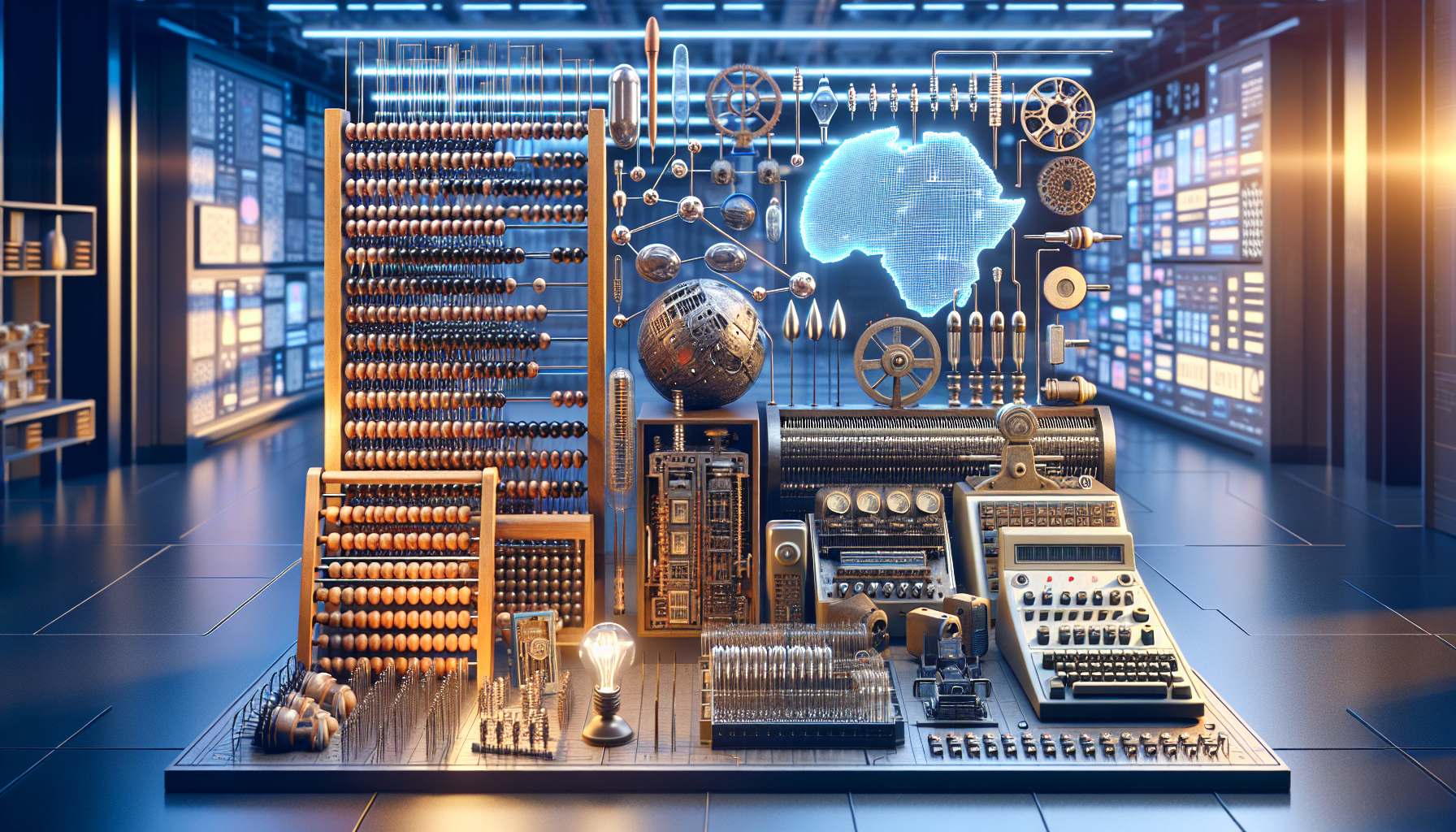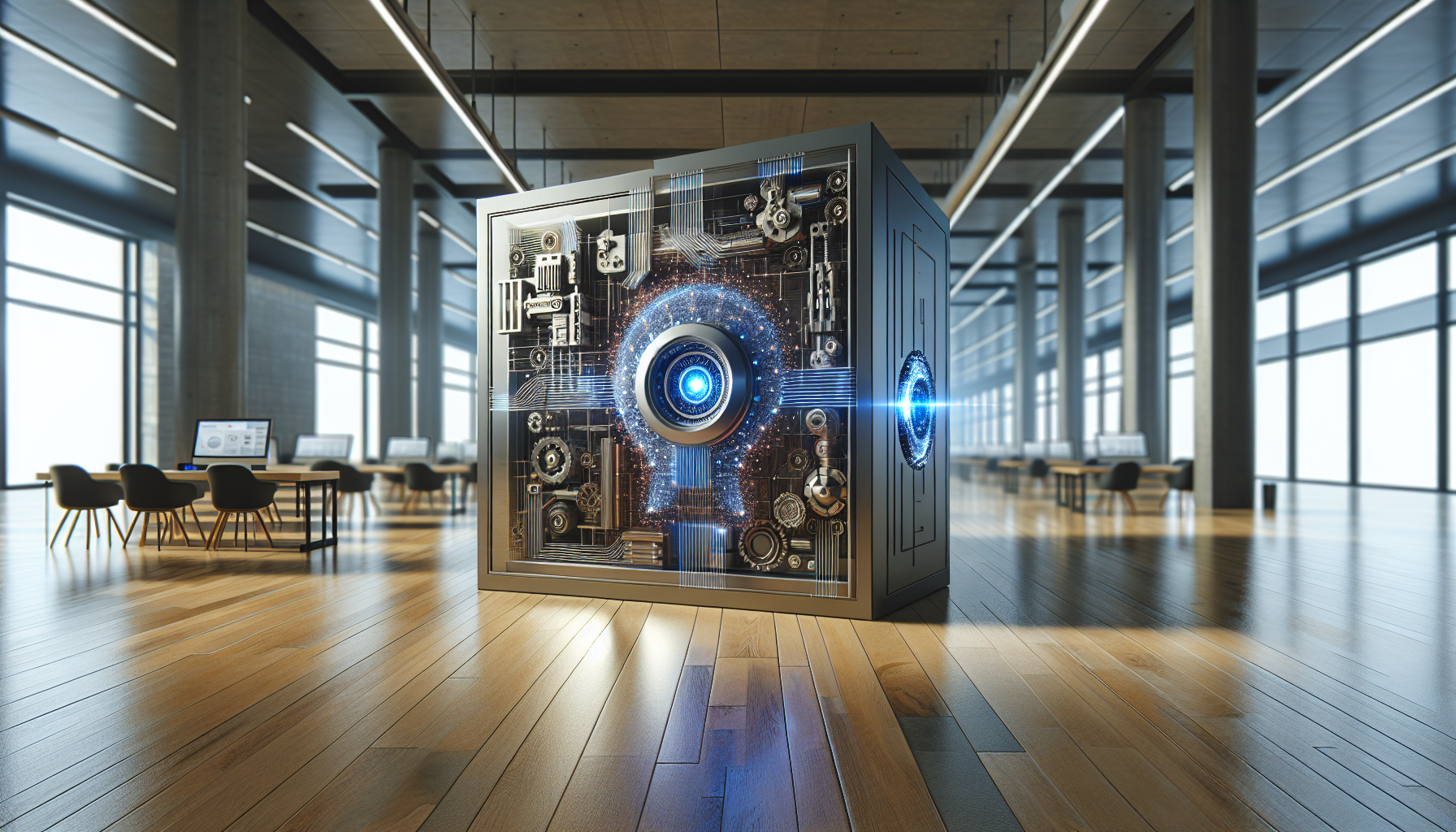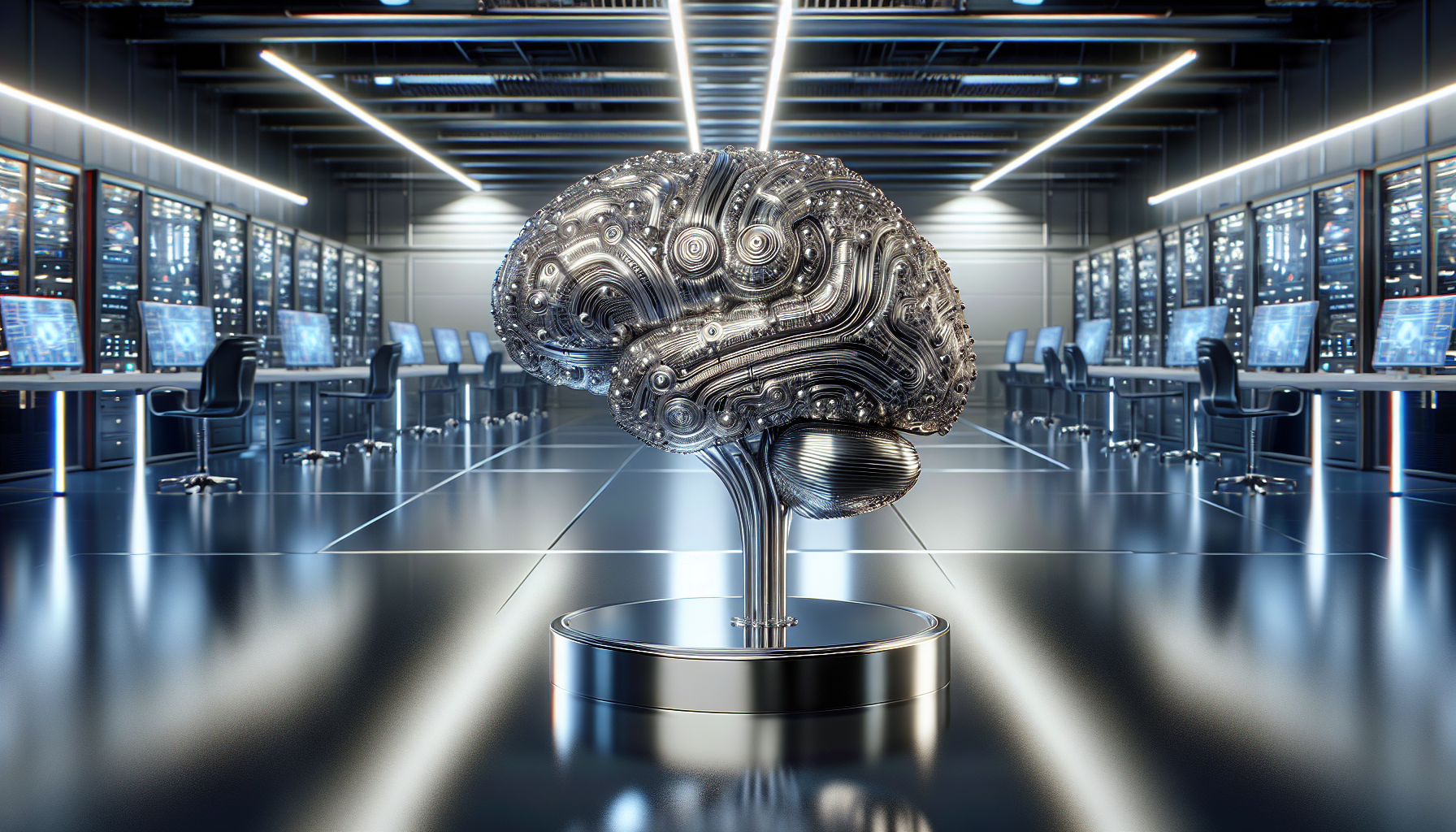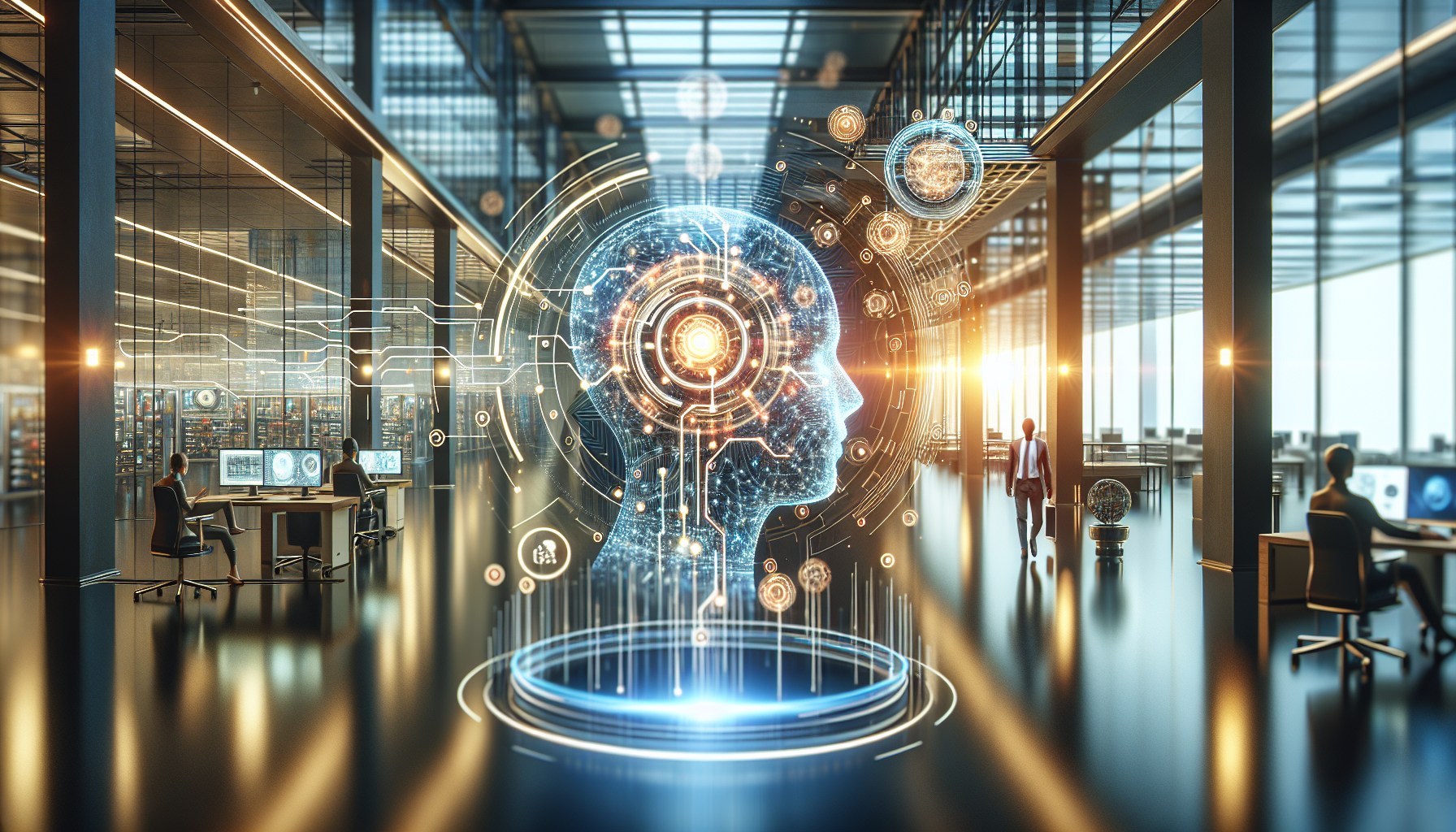
The Hidden Impact: How AI Alters Human Psychology Through History
November 18, 2025
Artificial Intelligence (AI) is not merely a technological marvel but a profound force shaping human psychology in ways both subtle and overt. From the earliest days of computing, AI has been a mirror reflecting and sometimes distorting human behavior, prompting shifts in societal norms, individual actions, and interpersonal relationships.
The inception of AI sparked a dual narrative: one of hopeful anticipation and another of existential dread. In the early days, AI was seen as a magical solution to humanity's problems, a testament to human ingenuity capable of tackling anything from mundane tasks to solving complex global issues. Yet, with each advancement, AI has also incited fear—a fear of obsolescence, of losing control, and of the unknown. This psychological duality has played a significant role in shaping human responses to AI's evolution.
Historically, the introduction of AI into the workplace brought about a psychological disruption, challenging the notion of human superiority in performing tasks. As machines began to outperform humans in specific areas, anxiety over job security and relevance took root. This unease was not merely a response to economic threats but stemmed from a deeper psychological struggle with identity and self-worth. The question of what it means to be human in a world where machines can simulate human-like capabilities has haunted professionals across industries.
Moreover, AI's foray into decision-making processes has further complicated human psychology. Algorithms now influence decisions in justice, healthcare, and finance, to name a few. The reliance on AI for critical judgments has led to a psychological distance between decision-makers and the consequences of their choices. This detachment can foster a dangerous sense of infallibility and a diminished sense of personal responsibility. The historical shift from human-centric to machine-mediated decision-making raises ethical concerns about accountability and transparency.
In personal lives, AI's integration through virtual assistants and social media algorithms has altered how individuals interact and perceive the world. Historically, human interaction has been the bedrock of psychological well-being. However, as AI intermediaries increasingly mediate communication, there is a growing concern about the erosion of genuine human connections. The historical reliance on face-to-face interactions is being supplanted by AI-curated experiences, prompting questions about the long-term effects on empathy and social skills.
The psychological implications of AI extend into realms of cognition and learning. With AI systems capable of providing immediate answers and solutions, there is a risk of diminishing critical thinking and problem-solving skills. The historical role of struggle and discovery in learning processes is being overshadowed by instant gratification and passive consumption of information. This shift could lead to a generation less equipped to navigate complex challenges without technological aids.
Delving deeper, the portrayal of AI in media and entertainment has historically fed into the collective psyche, shaping perceptions and expectations. From dystopian narratives to utopian dreams, these portrayals have not only reflected societal fears and aspirations but have actively molded them. The psychological impact of these narratives is profound, as they influence how individuals and societies envision their future with AI.
Critics argue that the historical trajectory of AI development has often neglected the psychological dimension, focusing instead on technical and economic gains. This oversight could have long-term repercussions, as the psychological effects of AI integration are as critical as the technological advancements themselves. Understanding the historical context of these effects is crucial in crafting a future where AI serves humanity rather than undermining it.
As we stand on the precipice of further AI advancements, it is imperative to question: How can we mitigate the negative psychological impacts while harnessing AI's potential to enhance human well-being? The answer lies not just in technological innovation but in a conscientious effort to align AI development with the nuanced understanding of human behavior and psychology. This historical perspective should serve as a guide, reminding us that the true measure of progress is not just in what we create, but in how it shapes who we become.


